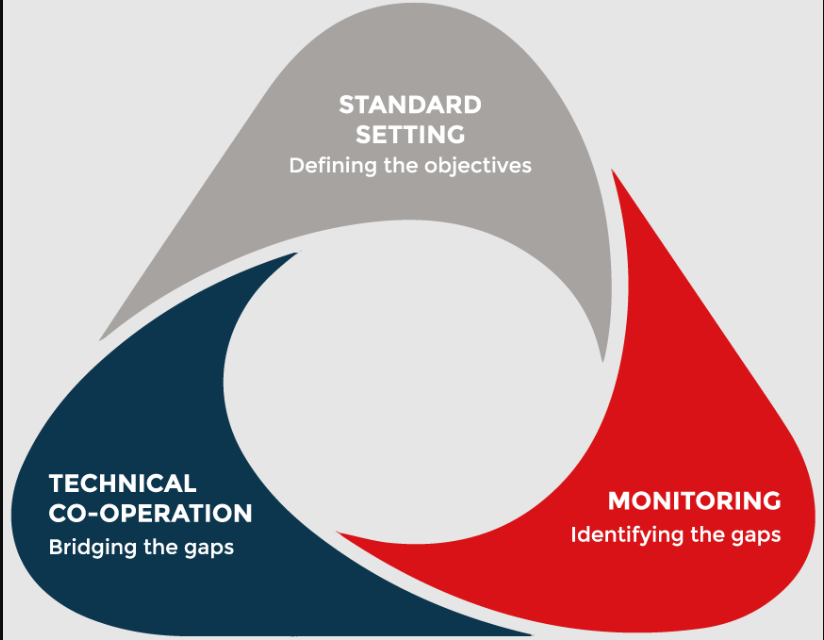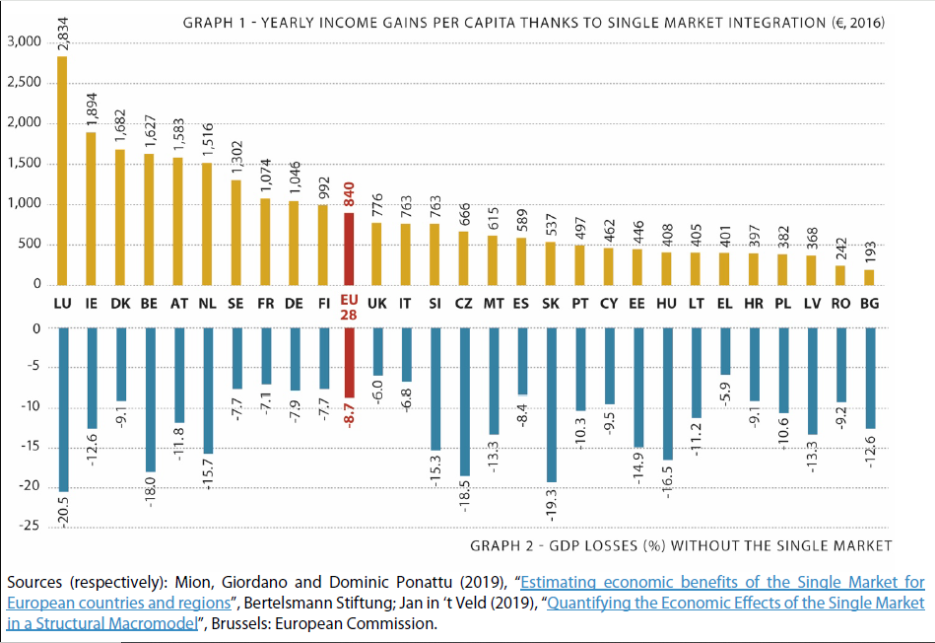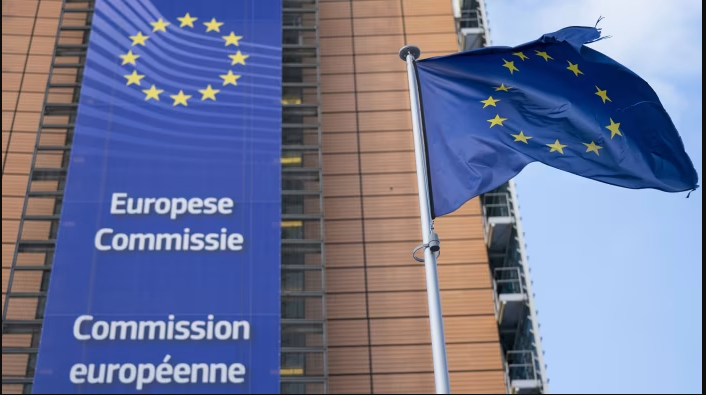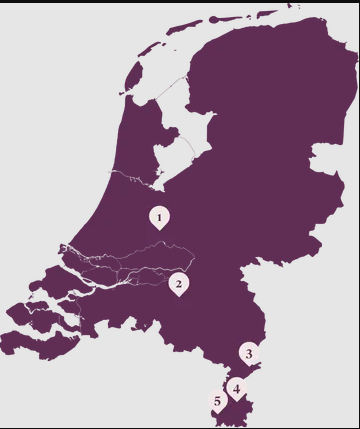Introduction: What Is Co Eur?
In today’s interconnected world, “Co Eur” has emerged as a widely discussed term, especially in European policy, economics, education, and international relations. But what exactly does it mean?
“Co Eur” typically refers to the Council of Europe (CoE), a leading human rights organization that works to uphold democracy, the rule of law, and fundamental freedoms across Europe. It includes 46 member states and influences legal and social frameworks in a large part of the continent. Understanding Co Eur is important not only for professionals but also for students, travelers, businesses, and anyone who interacts with European institutions.
A Brief History of Co Eur
The Council of Europe (CoE) was founded in 1949 after World War II with the primary aim of ensuring peace, justice, and cooperation among European countries. Its headquarters are in Strasbourg, France.
Unlike the European Union (EU), the CoE is not a political or economic union. Instead, it focuses on human rights, cultural cooperation, and legal standards. Many people confuse the two, but CoE and EU are separate entities with different goals.
Main Objectives of Co Eur

The Co Eur has four main goals, which form the core of its mission:
- Promoting Human Rights
Through the European Convention on Human Rights, the CoE protects civil liberties like freedom of expression, right to life, and fair trial. - Supporting Democracy
The CoE provides guidelines and support for democratic elections, transparency in government, and participation of civil society. - Upholding the Rule of Law
CoE monitors judicial systems, prisons, and anti-corruption measures across Europe to ensure they meet international standards. - Fostering European Unity
While not aiming for political union, the Council fosters cultural exchange, education, and shared values.
Key Institutions of Co Eur
The Council of Europe operates through several important institutions:
- The Committee of Ministers: Main decision-making body with representatives from each member state.
- The Parliamentary Assembly (PACE): Discusses key issues and recommends action.
- The European Court of Human Rights (ECHR): Allows citizens to bring cases against their governments regarding human rights violations.
- The Commissioner for Human Rights: Promotes awareness and protection of rights.
Co Eur vs. European Union (EU)
| Feature | Council of Europe (Co Eur) | European Union (EU) |
|---|---|---|
| Members | 46 | 27 |
| Focus | Human rights, democracy, law | Economic & political integration |
| Court | European Court of Human Rights | Court of Justice of the EU |
| Currency | Not applicable | Euro (in Eurozone) |
| Headquarters | Strasbourg, France | Brussels, Belgium |
Note: All EU members are part of the CoE, but not all CoE members are part of the EU.
Key Benefits of Co Eur Membership

- Legal Protection
Citizens of CoE countries can approach the European Court of Human Rights if their national legal systems fail to deliver justice. - International Recognition
Member states benefit from improved reputations for upholding human rights and democracy. - Educational and Cultural Exchange
Programs like Eurimages, Youth for Democracy, and European Heritage Days are promoted through CoE. - Guidance for Reforms
CoE experts support legal, political, and social reforms, especially in newer democracies. - Anti-Corruption Measures
The GRECO (Group of States Against Corruption) evaluates members and provides recommendations to reduce corruption.
Co Eur in Daily Life: Why It Matters to You
Even if you’re not in politics, Co Eur affects your daily life in Europe:
- Freedom of speech is protected because of CoE standards.
- Online privacy and data laws follow CoE guidelines.
- Education rights and cultural access come from CoE-funded projects.
- Minority protections in schools, jobs, and housing are supported by CoE recommendations.
Key Achievements of Co Eur
- Creation of the European Convention on Human Rights (1950)
- Establishment of the European Court of Human Rights (1959)
- Launch of HELP (Human Rights Education for Legal Professionals) programs
- Fight against human trafficking through GRETA
- Setting international standards on AI and digital freedom via CAHAI
Challenges Faced by Co Eur
- Political Tensions
In some regions, governments resist CoE rulings or pressure from human rights bodies. - Funding Issues
As a non-commercial body, CoE relies on member contributions, which can be inconsistent. - Lack of Public Awareness
Despite its important work, many Europeans don’t fully understand what Co Eur does. - Overlapping Roles with the EU
Cooperation is often strong, but duplication of work and confusion of identity occurs.
The Future of Co Eur: What Lies Ahead?

As the world changes, CoE is evolving too. Current focus areas include:
- Digital rights and artificial intelligence
- Climate justice
- Migration and refugee rights
- Safeguarding democracy against populism and extremism
The Council of Europe is investing in youth programs, modernizing legal systems, and addressing modern threats to freedom.
About Co Eur
Q1. What does “Co Eur” stand for?
Co Eur stands for the Council of Europe, a European organization focused on human rights, democracy, and rule of law.
Q2. Is Co Eur part of the EU?
No, Co Eur is separate from the European Union, although they often collaborate.
Q3. Can I go to the European Court of Human Rights as an individual?
Yes, if your country’s courts fail to uphold your rights under the European Convention on Human Rights.
Q4. How many countries are in Co Eur?
As of 2025, there are 46 member states.
Q5. What are the top programs under Co Eur?
Key programs include GRECO (anti-corruption), HELP (legal education), Eurimages (film support), and PACE (Parliamentary Assembly).
Conclusion: Why You Should Care About Co Eur
The Council of Europe (Co Eur) may not make daily headlines, but its work deeply affects your rights, freedoms, and the justice system you live under. From legal protection to anti-corruption reforms, it plays a powerful behind-the-scenes role in maintaining democratic values across the continent.
Whether you’re a student, lawyer, policymaker, or everyday citizen, understanding Co Eur helps you better navigate European society and your own rights within it. In a time of growing global tension and misinformation, institutions like the Council of Europe remain critical in preserving the core values of modern civilization: human dignity, fairness, and freedom.



